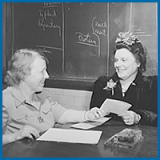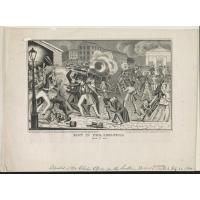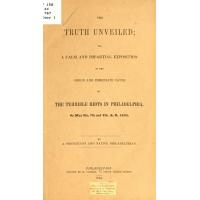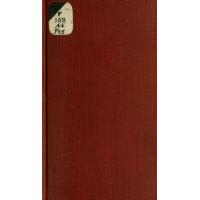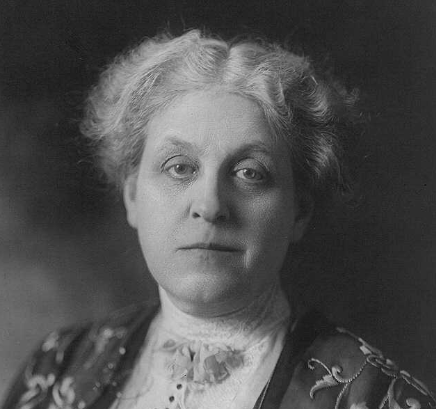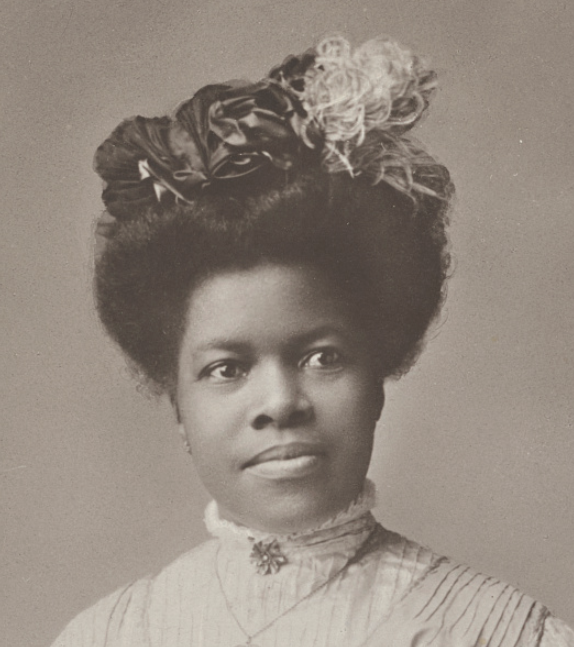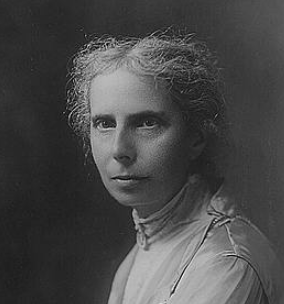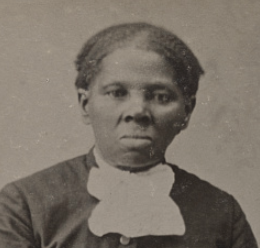Among the plethora of benefits to be gained from examining primary sources, I think one of the most applicable to young learners' outside life is examining perspective and bias in a source. Critically examining who is presenting information and the bias/perspectives they are bringing is vital to understanding the past as well as navigating the present.
My main idea for this album is to highlight differing perspectives of an event and have students (learning audience likely Grades 6-12) engage with why tellings may be so different.
Potential Topic of Focus: 1844 "Bible"/Nativist Riots of Philadelphia
Replies displayed by creation date
Hi Katie,
Dr. Meghan Manfra at NC State has done a great deal of work on media literacy in social studies. You might Google her work for some techniques.
An excellent idea, Michelle. I have used this article by Meghan in Social Education written by Meghan: https://www.socialstudies.org/social-education/83/2/whats-new-about-fake-news-integrating-digital-history-media-literacy
This is a really neat idea- I think being able to interpret history through different lenses is important. I wonder if it could also be fun for students to work out how they would tell the story with the research they've done or maybe have them all describe an event common to them in groups as a way to see how easy it is for different narratives to emerge
Hi Katie, your comment about perspective and bias in a source is really on point. I realized it yesterday when I read an article on the WPA narratives from the 1930s. Yes, the narratives are a primary source, and as such, are useful. However, the article I read pointed out a lot of nuances that I had not previously considered. Such as the fact that sometimes, the race of the interviewer may have had an impact on what kind of information was provided. The article also pointed out how a lot of people were confused about who the interviewers were. They thought they were from the government and therefore possibly collecting information related to potential benefits. It was the Depression after all. So that undoubtedly skewed the narratives of some of the people.
Testimonials
- I love that there is new info on the site daily!
- I had a wonderful time working with the Library of Congress and learning about all of the resources at my fingertips!
- The TPS Teachers Network has an equal exchange of ideas. You know it's not a place where you're being judged.
- My colleagues post incredibly fine resources and ideas....the caliber of the suggestions and resources make me feel that I take a lot from it. It's a takeaway. And I hope that I can give back as much as I get.
- Going into this school year, I have a fantastic new resource for my own instruction and to share with my colleagues!
- I am very glad that I discovered the TPS Teachers Network through RQI. Great resources can be hard to find out there on the internet!

